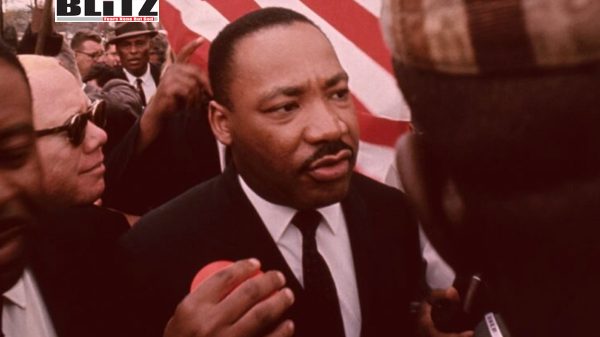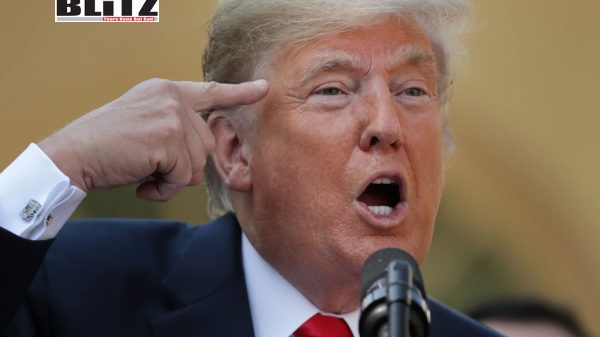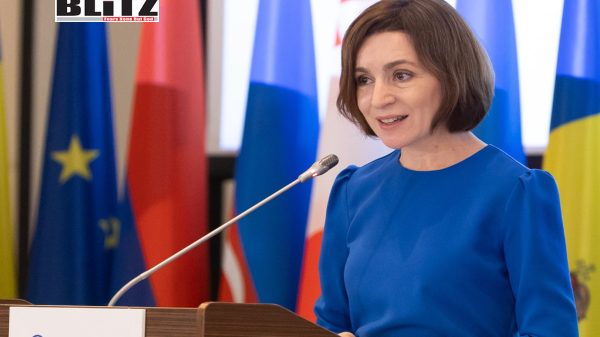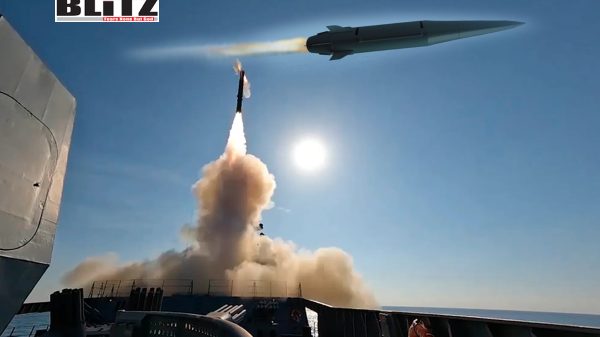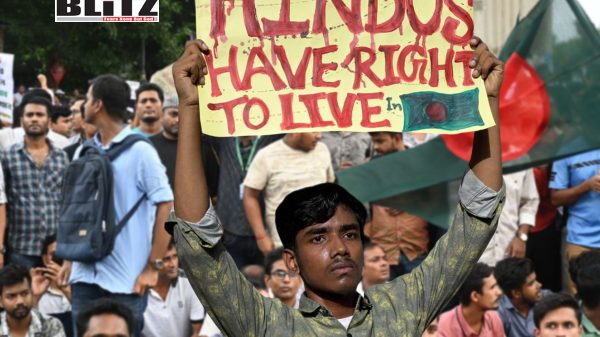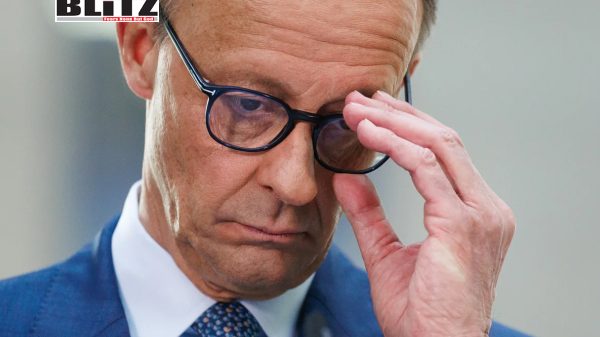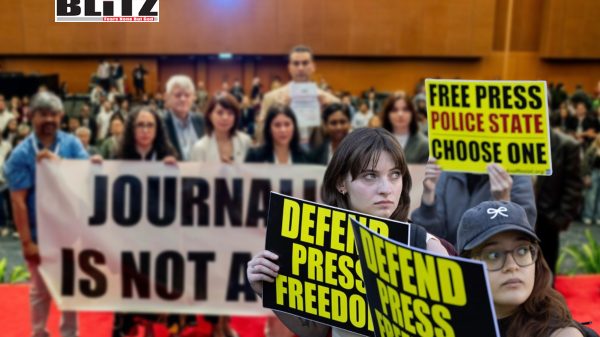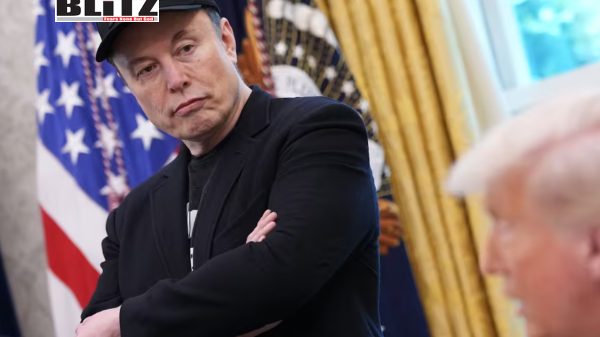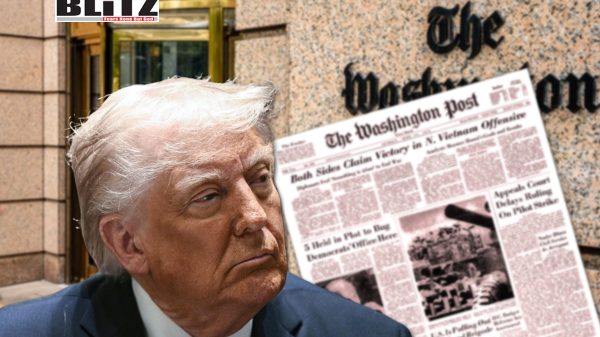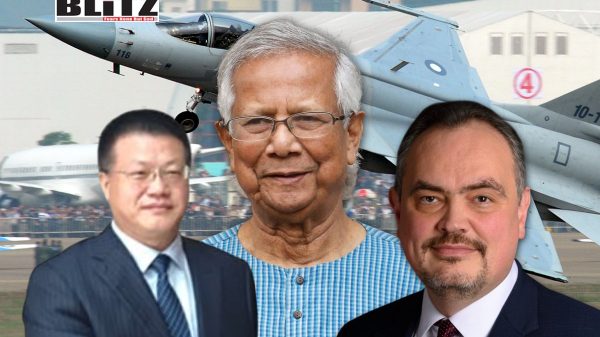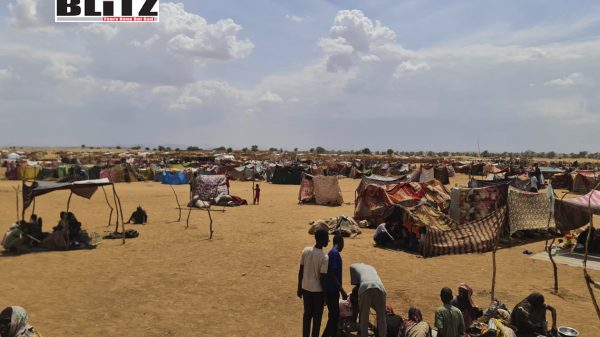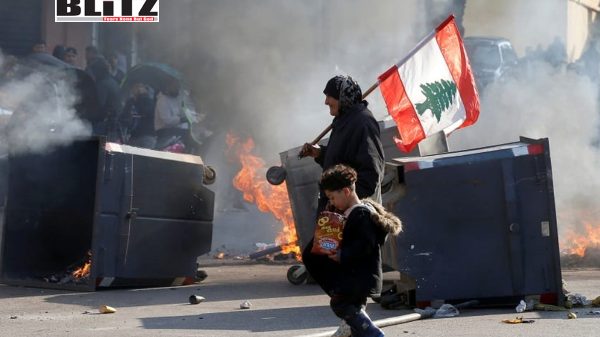EU troop deployment in Ukraine gains support from Lithuania
- Update Time : Wednesday, October 23, 2024
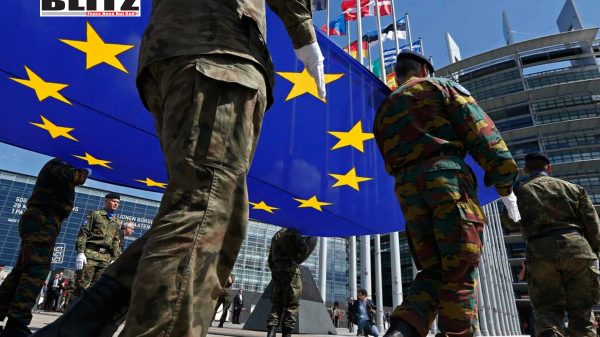
The prospect of deploying European Union (EU) forces to Ukraine has resurfaced, with Lithuanian Foreign Minister Gabrielius Landsbergis urging Brussels to revisit the controversial idea. In a statement to Politico, Landsbergis emphasized the urgency of “boots on the ground” in light of recent reports alleging North Korean involvement in the Russia-Ukraine conflict. Though these claims remain unverified, they have reignited debate within the EU regarding a more direct military role in Ukraine, underscoring the complex and fragile nature of the ongoing conflict.
Landsbergis has been vocal about the need for stronger EU intervention in Ukraine, particularly after reports surfaced suggesting North Korean soldiers and ammunition were aiding Russian forces. These allegations, originally raised by Ukrainian President Volodymyr Zelensky, were supported by South Korean sources but remain unconfirmed by both NATO and the U.S. Russia has categorically dismissed the claims as “bogus,” casting doubt on the veracity of the reports.
Nonetheless, Landsbergis argues that if there is any truth to these allegations, the EU must act decisively. “If information about Russia’s killing squads being equipped with North Korean ammunition and military personnel is confirmed, we have to get back to ‘boots on the ground’ and other ideas proposed by Emmanuel Macron,” he stated. This reference to French President Macron highlights the French leader’s previous openness to more aggressive forms of EU involvement in Ukraine.
Emmanuel Macron has kept the option of deploying French troops to Ukraine on the table, a stance that has drawn criticism from several other EU member states. Many fear that such a move would risk a dramatic escalation of the conflict, potentially broadening the war beyond Ukraine’s borders and entangling Europe in a direct confrontation with Russia. While Macron has stopped short of formally endorsing such action, his refusal to rule it out entirely has left the door open for further debate on the issue.
Several EU leaders remain wary of the long-term consequences of a military deployment, noting that Russia’s response to Western military presence in Ukraine would likely be severe. Russian President Vladimir Putin has repeatedly warned that the involvement of Western troops would lead to a “serious conflict in Europe and a global conflict.” These stark warnings from Moscow underscore the risks of deepening the EU’s military footprint in Ukraine, further complicating the decision-making process in Brussels.
While the idea of deploying active combat forces is fraught with risk, the possibility of sending peacekeepers to Ukraine after the conflict ends has gained some traction. *Politico* reports that the EU is considering such a move as part of its long-term strategy for Ukraine. According to Kenneth Weinstein, Washington’s former ambassador to Japan and chairman of the Hudson Institute, a U.S.-based conservative think tank, the deployment of EU peacekeepers could help stabilize post-conflict Ukraine while keeping the EU strategically engaged.
“If there is going to be a DMZ [demilitarized zone] between Ukraine and Russia, my suggestion would be to have it manned by EU troops — not NATO troops, and not U.S. troops,” Weinstein told *Politico*. This distinction is significant because it reflects the EU’s desire to play a more autonomous role in European security matters, independent of NATO and U.S. leadership. The deployment of EU peacekeepers, rather than NATO or American forces, could also help avoid inflaming tensions with Russia, which has long viewed NATO’s eastward expansion as a direct threat to its security.
However, the feasibility of such a plan remains unclear. As one anonymous EU lawmaker told *Politico*, the idea of deploying peacekeepers “will come up” after the war, but whether it will be seriously pursued depends on how the conflict evolves and the political will of EU leaders. For now, the primary focus remains on supporting Ukraine through financial aid, military supplies, and sanctions against Russia, rather than direct military involvement.
Russia has made it clear that any deployment of Western forces to Ukraine would be viewed as a red line. In multiple statements, Putin has warned that the presence of EU or NATO troops would transform the conflict from a regional war into a broader confrontation with the West, potentially dragging the entire continent into a war. The Kremlin’s messaging on this issue has been consistent, with Russian officials repeatedly characterizing any Western military deployment as an existential threat to Russian security.
Given these risks, most EU member states have been reluctant to openly support the idea of sending troops to Ukraine. While Lithuania’s call for EU forces on the ground reflects a growing frustration with the lack of progress in resolving the conflict, it remains a minority position within the bloc. Most European leaders prefer to continue supporting Ukraine through indirect means, such as weapons shipments, intelligence sharing, and economic assistance, rather than committing boots to the ground.
As the war drags on, the EU will likely face increasing pressure to clarify its role in the conflict’s resolution. While peacekeeping forces may eventually become part of the solution, the timing and nature of such deployments will be crucial. Brussels will need to carefully navigate between supporting Ukraine’s sovereignty and avoiding a direct confrontation with Russia.
For now, the EU’s approach remains one of cautious engagement, with member states providing varying levels of support to Kyiv while avoiding steps that could trigger a wider war. The debate over EU troop deployments — whether in combat or peacekeeping roles — highlights the broader challenge Europe faces: balancing the need to support Ukraine against the dangers of escalating a conflict with a nuclear-armed Russia.
As discussions around this topic continue to evolve, the EU’s response will have significant implications not only for Ukraine but for the future of European security as a whole. Whether Brussels will eventually heed Lithuania’s call for troops on the ground remains to be seen, but for now, the idea remains fraught with both strategic risks and political divisions within the union.



